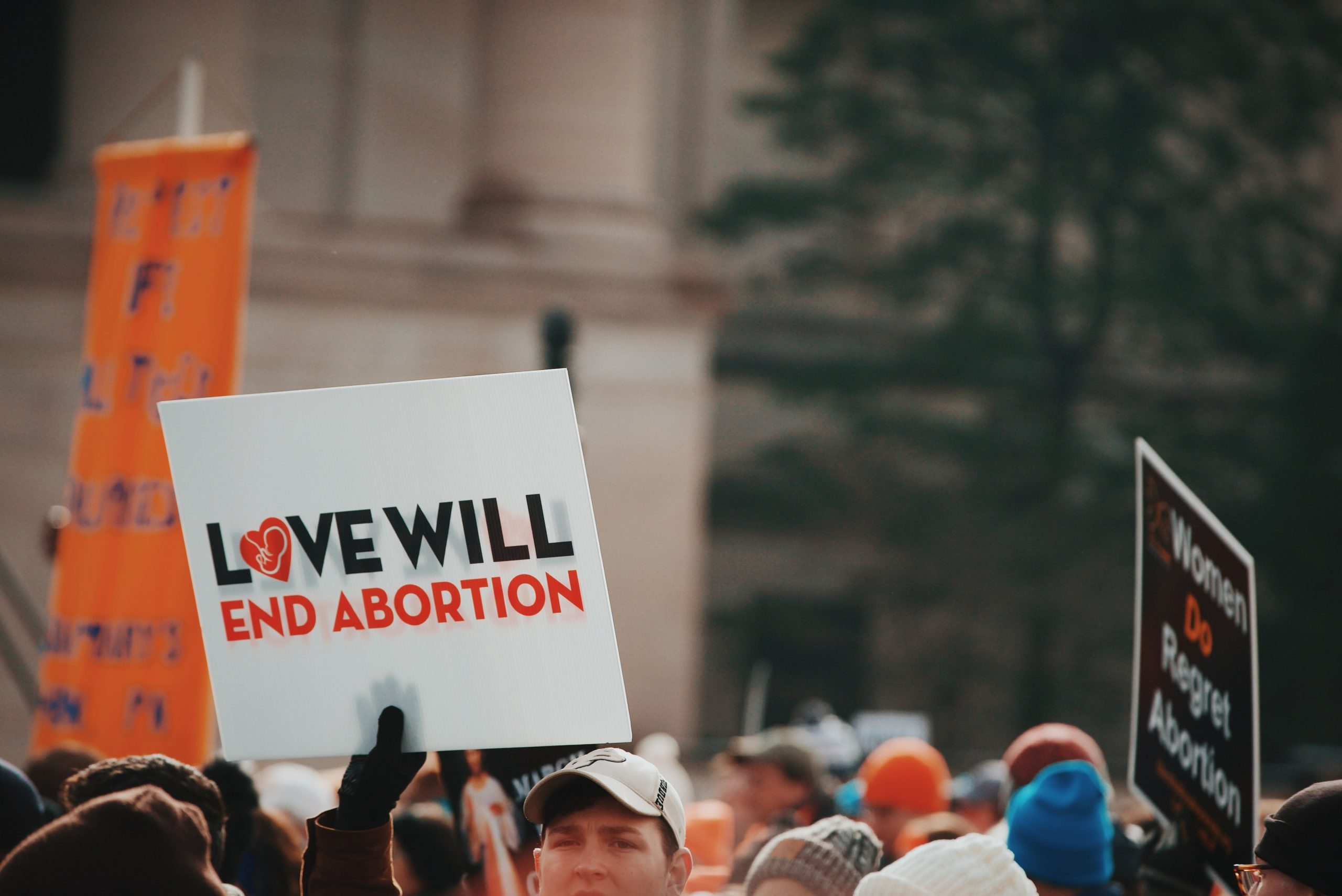
Lauren C. Moye, FISM News
[elfsight_social_share_buttons id=”1″]
In a decision that took eight years to reach, a judge has ruled that California churches cannot be forced to cover abortion in employee health insurance plans when there is a religious objection.
On Thursday, U.S. District Chief Judge Kimberly Mueller ruled that the California Department of Managed Health Care (CDMHC) had violated religious organizations’ right to freely exercise their religious beliefs without government interference by refusing to grant a religious-based exemption to abortion coverage directly to three megachurches.
Alliance Defending Freedom (ADF), which represented the plaintiffs – Foothill Church, Calvary Chapel Chino Hills, and Shephard of the Hills Church – celebrated the victory.
The government can’t force a church or other religious employer to violate their faith by participating in funding abortion.
A federal court has now found this California mandate unconstitutional. https://t.co/EI4bD7HpmW
— Alliance Defending Freedom (@ADFLegal) August 26, 2022
“The government can’t force a church or any other religious employer to violate their faith and conscience by participating in funding abortion,” said ADF Senior Counsel Jeremiah Galus. “For years, California has unconstitutionally targeted faith-based organizations, so we’re pleased the court has found this mandate unconstitutional and will allow the churches we represent to operate freely according to their religious beliefs.”
However, the case is notable because the violation of faith resulted from bureaucratic red tape that prevented the churches from seeking their rightful legal exemption.
The lawsuit began after the CDMHC sent letters on Aug. 22, 2014, notifying private health insurance plans that some existing health insurance plans that did not cover elective abortions “had been erroneously approved” by the CDMHC because the state’s Knox Keene Law and California Constitution “prohibits health plans from discriminating against women who choose to terminate a pregnancy.”
Because abortion was legally a basic healthcare service, the plans should “omit any mention of coverage for abortion.”
In this same letter, the CDMHC took pains to specify that, by law, exemptions must be granted for services that are objected to for “reasons of conscience or religion.”
However, the plaintiff churches were told by two different insurance providers that no religious exemptions to abortion services were available. The churches sued CDMHC in response to these notifications.
Furthermore, no procedure could be found outlining how to receive an exemption.
In July 2018, amid ongoing litigation in the case, ADF directly petitioned the CDMHC for a religious exemption from the Knox Keene Act’s abortion-coverage requirement for their clients. This request was denied because the CDMHC has no regulation grounds for health insurance customers.
The CDMHC’s reasoning meant that exemptions must be submitted directly by an insurance plan. However, those plans also believed that state law prevented a religious exemption from being granted.
Mueller found that the state’s reasoning was “not compelling” to prevent them from considering requests from customers. Specifically, the judge suggested that nothing prevented the CDMHC from directing a plan to submit a revision request on the customer’s behalf.
“The Director’s authority to give orders to a plan does not foreclose the authority to consider requests for those orders from others. In the end, the Director is still regulating the plan,” Mueller wrote.
ADF attorneys discovered email evidence that the Aug. 2014 letter was issued after receiving a request from Planned Parenthood.
